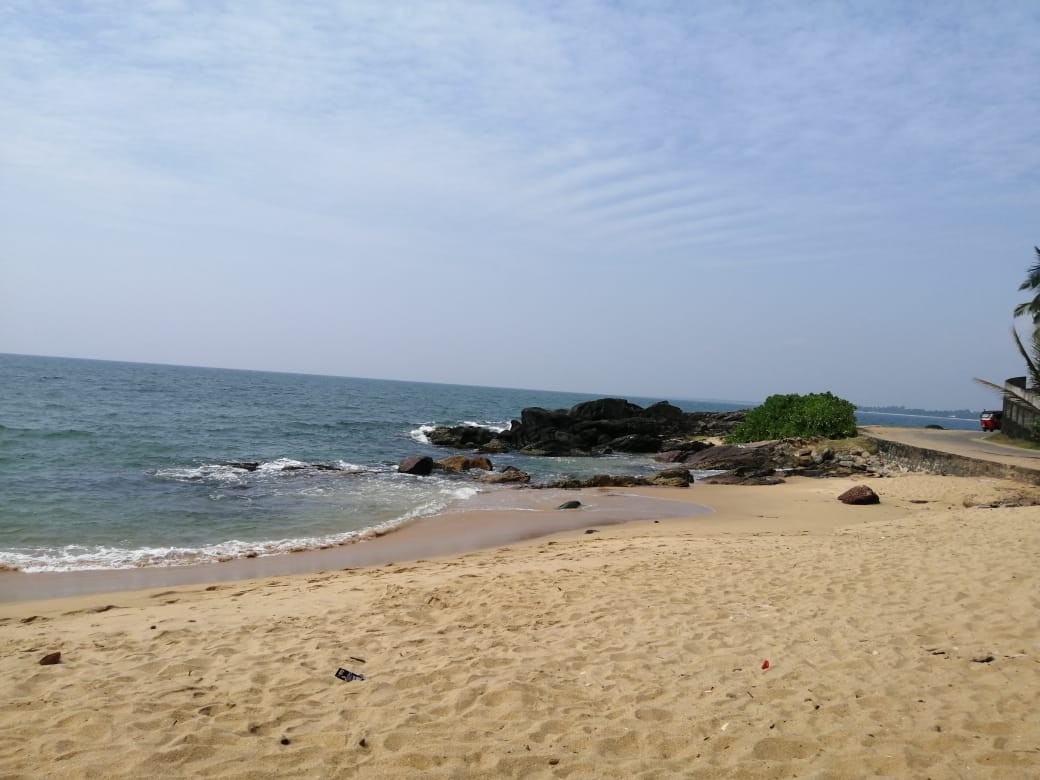
Life to Our Beaches Fuels the Clean Sri Lanka Campaign
Sri Lanka’s picturesque coastline is under threat from marine pollution and mismanaged waste, challenges that not only harm the environment but also undermine the country’s tourism and economic potential. In response, the Life to Our Beaches Project is making a tangible impact, creating cleaner, more resilient coastal areas while offering significant opportunities for the private sector to contribute to a sustainable future.
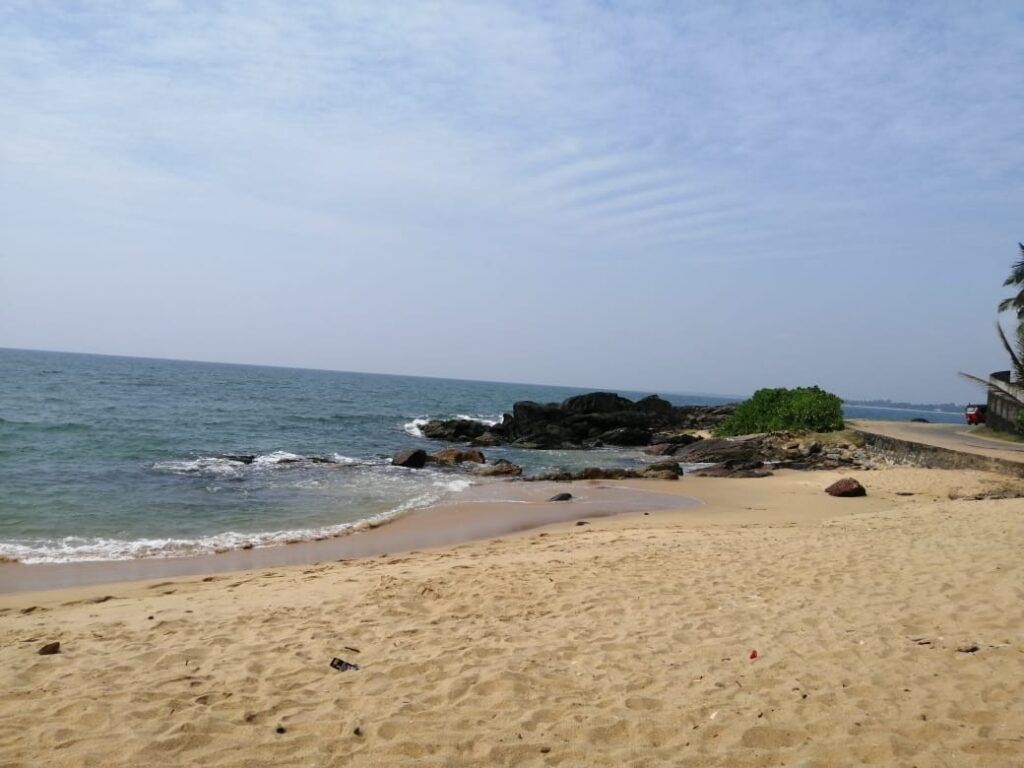
Cleaning Up for a Clean Sri Lanka
The Clean Sri Lanka campaign is now setting the national agenda for environmental stewardship, and the Life to Our Beaches Project is a shining example of such a vision in action. Two pilot projects, located at Kalutara’s Calido Beach and Beruwala’s Kechchimale Beach Park, have demonstrated how targeted interventions can restore the natural beauty of our coastal areas. At Calido Beach, a 500-meter stretch that was heavily polluted by waste from the Kalu River, concerted cleanup efforts led by a partnership between the Ministry of Environment, Biodiversity Sri Lanka (BSL), and Commercial Bank have resulted in the removal of over 1,586 kilograms of waste. Similarly, the Kechchimale Beach Park project in Beruwala, supported by the Bank of Ceylon, tackled pollution stemming from plastic waste and sewage from the local fishery harbor, removing 169 kilograms of debris.
Beyond environmental cleanup, these initiatives have also provided socio-economic benefits. Beach caretakers, who are predominantly from economically disadvantaged communities, have earned supplementary income through the recycling of waste. For example, the caretaker at Calido Beach generated earnings of LKR 35,585 through recyclable sales. Such outcomes not only contribute to a cleaner environment but also enhance livelihoods, underscoring the holistic benefits of sustainable beach management.
Opportunities for the Private Sector
For private sector players, the Life to Our Beaches Project represents more than just a charitable endeavor—it is a strategic opportunity to drive corporate social responsibility (CSR) initiatives, boost brand reputation, and contribute to the national Clean Sri Lanka campaign. Companies that invest in or sponsor these projects can benefit from enhanced visibility, positive community engagement, and alignment with global sustainability trends.
Leading financial institutions like Commercial Bank and the Bank of Ceylon have already set a precedent by supporting these initiatives. Their involvement demonstrates how aligning business strategies with environmental goals not only fulfills regulatory and CSR mandates but also opens up new avenues for innovation and growth. In today’s market, consumers and investors increasingly favor companies that are committed to environmental stewardship, and involvement in such projects can significantly enhance corporate image and competitiveness.

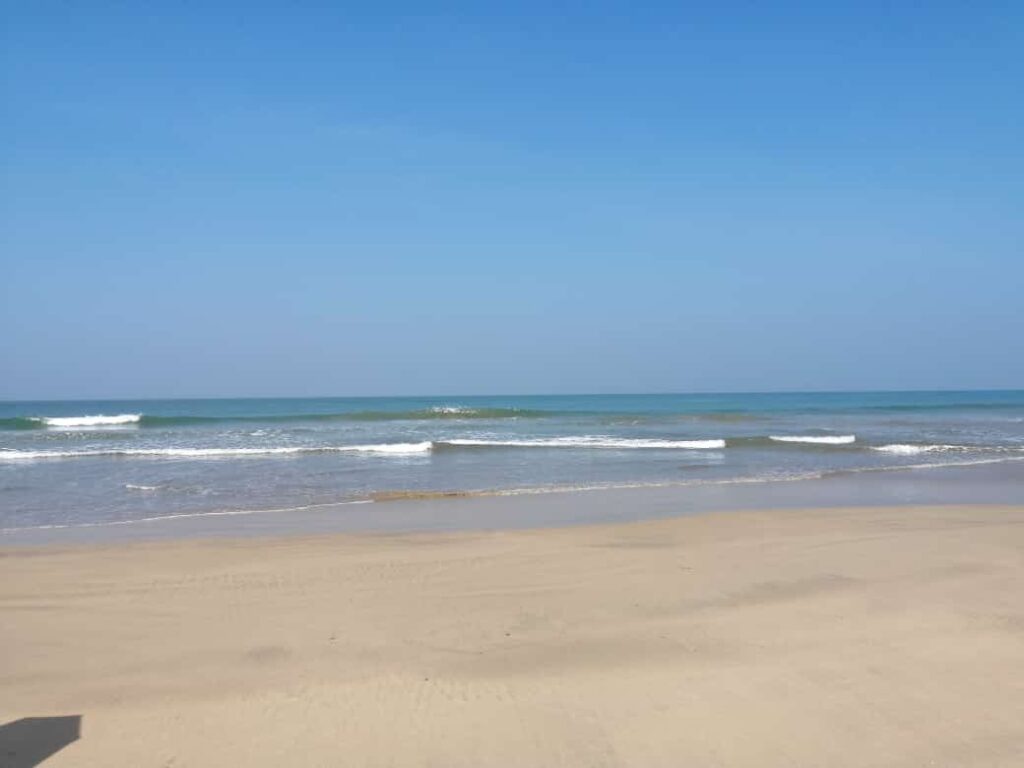
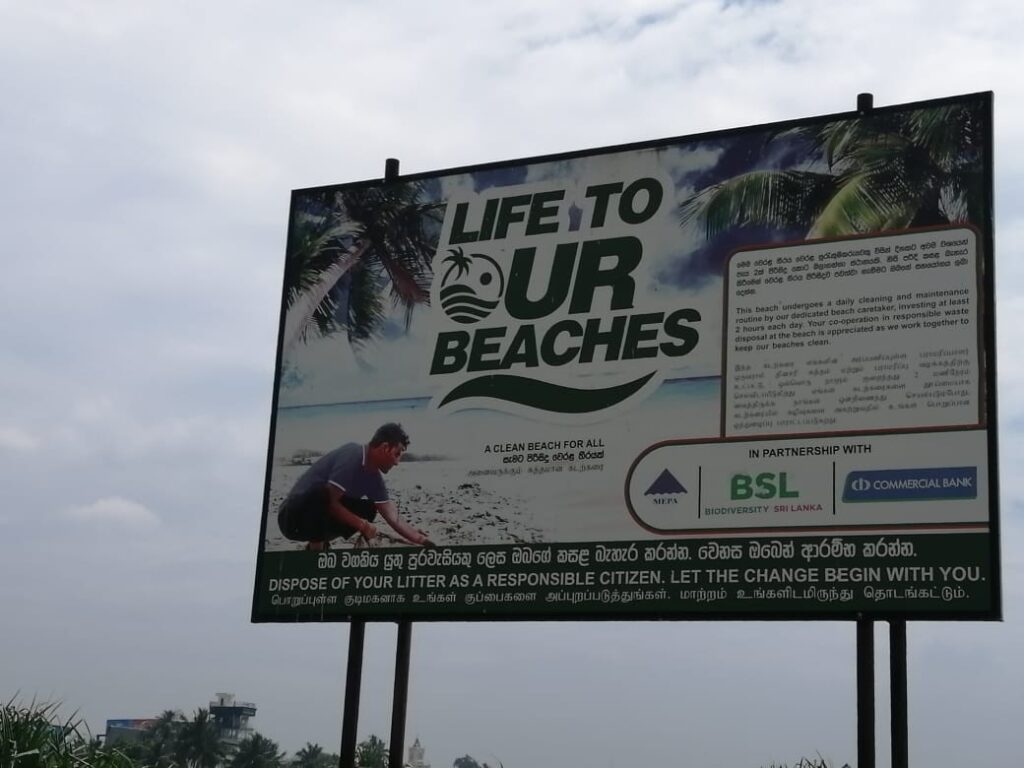
Scaling Up and Future Prospects
Building on the success of the pilot projects, the Life to Our Beaches Project is set to expand to new locations, including Kayankerni Beach in Batticaloa, Eastern Province. This expansion aims to replicate the successes seen at Calido Beach and Kechchimale Beach Park while addressing unique challenges specific to each coastal region. The new project in Batticaloa will focus on reducing plastic pollution, improving waste management systems, and empowering local communities through sustainable beach stewardship.
Moreover, future efforts will include continuous training for beach caretakers to enhance their operational efficiency, structured recruitment and retention strategies to maintain long-term commitment, and the launch of media campaigns to boost public awareness and attract further corporate support. By scaling up these initiatives, the programme aims to create a network of clean and sustainable beaches across Sri Lanka, contributing significantly to the Clean Sri Lanka campaign and setting a benchmark for environmental responsibility in the private sector.
A Call to Action for Sustainable Impact
The transformation of Sri Lanka’s coastlines through the Life to Our Beaches Project exemplifies how coordinated efforts between government, NGOs, and the private sector can lead to measurable environmental and socio-economic improvements. For the private sector, this initiative offers a unique platform to drive innovation in waste management, foster sustainable business practices, and demonstrate a commitment to the nation’s environmental goals.
As Sri Lanka strives towards a cleaner, more sustainable future, the active participation of private companies is crucial. By investing in these projects, businesses can not only help protect one of the country’s most valuable natural assets but also contribute to the broader national agenda of a Clean Sri Lanka. In doing so, they will not only reap economic and reputational benefits but also play a pivotal role in shaping a greener, more resilient future for all.
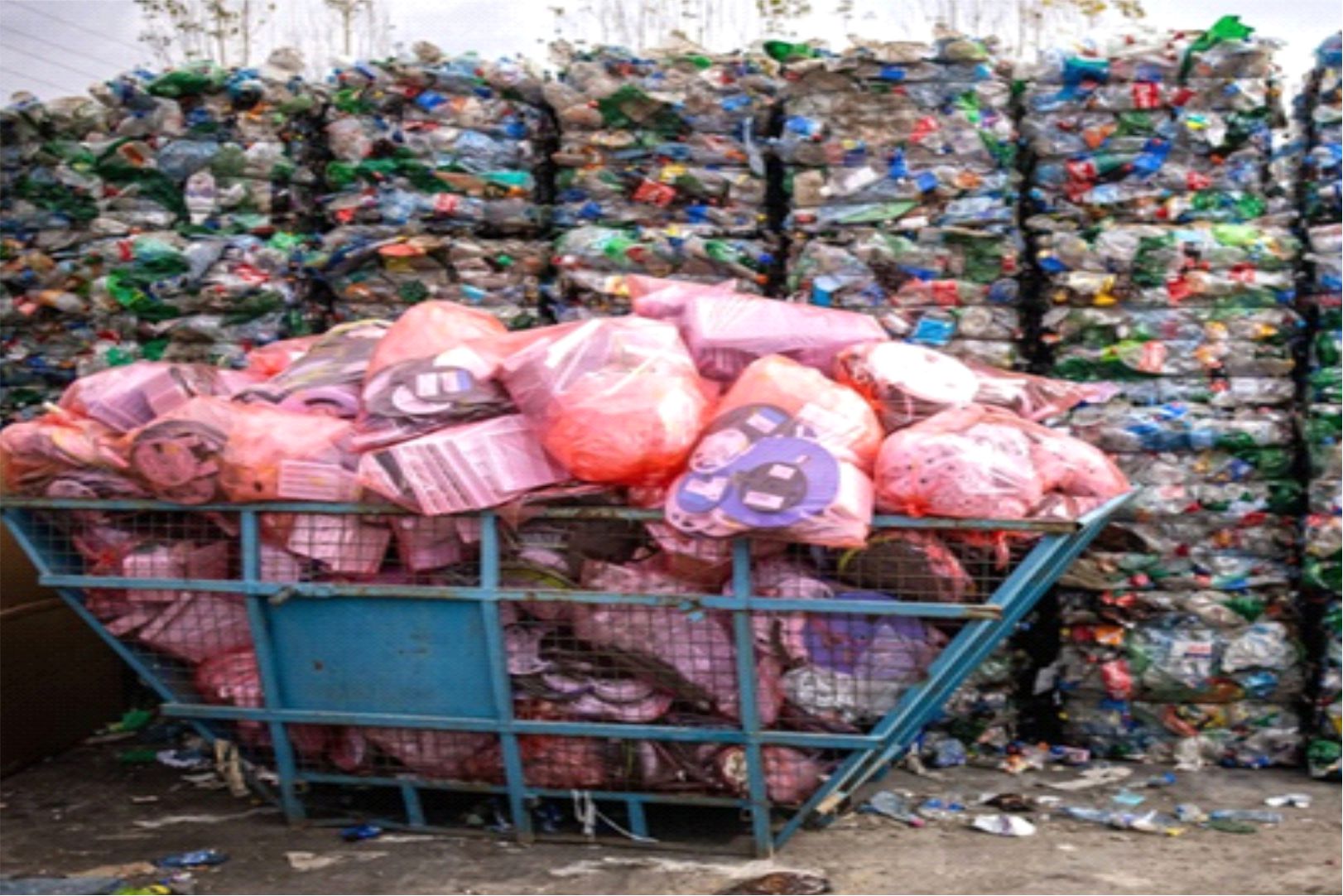
The PLASTICS Project and Sri Lanka’s Sustainable Future

Biodiversity Sri Lanka (BSL), in partnership with ACTED, the Industrial Services Bureau (ISB), STENUM Asia, and The Energy and Resources Institute (TERI) of India, is spearheading the Promoting Long-term Approaches for a Sustainable, Transformative, and Inclusive Circular Economy in Sri Lanka (PLASTICS) project. This 48-month initiative, funded by the European Union’s SWITCH-Asia program, is revolutionising the plastics value chain by integrating Small and Medium Enterprises (SMEs) into sustainable business practices that foster economic prosperity while tackling environmental challenges.
Rethinking Plastics: A National Priority
Sri Lanka imports over 500,000 metric tons of virgin plastic annually, contributing to nearly 1.59 million metric tons of mismanaged plastic waste each year. Recognising the urgency of addressing this crisis, the PLASTICS project focuses on transforming the plastic lifecycle across Sri Lanka’s Western Province. By targeting 150 SMEs engaged in plastic production, use, and recycling, the project enhances resource efficiency, promotes circular innovations, facilitates access to green finance, and strengthens waste management frameworks.
The project aligns closely with the Sri Lankan Government’s National Action Plan on Plastic Waste Management 2021–2030, which emphasszes the need to transition from a linear economy to a circular one. This shift is built on the principles of reducing, reusing, and recycling plastics while implementing Extended Producer Responsibility (EPR) schemes. As part of this effort, BSL is leading the expansion of the national plastics EPR Portal, which will play a crucial role in ensuring producer accountability and improving waste traceability through digital monitoring systems.



Milestones Achieved So Far
The PLASTICS Project Consortium has made significant progress in building momentum for a circular plastics economy. A key focus has been engaging a diverse group of stakeholders, including SMEs, entrepreneurs, policymakers, and financial institutions. Through workshops and training sessions, businesses have gained insights into sustainable practices, circular product design, and ways to integrate eco-friendly alternatives into their operations.
The project has also actively supported SMEs with critical asset provisions to strengthen their operational capabilities. Equipment such as baler machines for PET bottle compression, shredder machines for plastic flake production, and crusher machines for reducing plastic into fine granules have been distributed. This investment ensures that SMEs can process and manage plastic waste more effectively, fostering a sustainable business ecosystem.
Recognising the financial barriers that often hinder SMEs from adopting green practices, the project has introduced initiatives to improve access to green financing. A Digital Green Finance Toolkit has been developed to bridge knowledge gaps and empower financial institutions to support eco-friendly business models. Practitioner forums and collaborative platforms are building confidence among investors and businesses in financing sustainable plastic waste management solutions.
Public-private collaboration has been a cornerstone of the consortium’s approach. By fostering dialogue between industries, policymakers, and regulatory bodies, the PLASTICS Project Consortium has helped develop robust monitoring frameworks that support transparent and effective plastic waste management across industries. The innovative 3Zero House initiative, launched in Colombo, Vavuniya, and Batticaloa, serves as an incubator for entrepreneurs and businesses committed to sustainability. Through a dedicated incubation program, eight pioneering businesses – such as ALKE, Ample, Solocycle, and Teshvo – are developing scalable solutions in areas like alternative packaging, sustainable fashion, and eco-friendly building materials.
Why the Private Sector Should Get Involved
The PLASTICS project is creating new business opportunities while addressing environmental challenges. Companies that adopt circular economy principles gain access to innovation and increased competitiveness in both local and international markets. Businesses integrating sustainable product design and packaging will be better positioned to comply with upcoming regulations and attract environmentally conscious consumers.
Furthermore, the expansion of green finance accessibility presents an opportunity for companies to invest in sustainable technologies and business models. Financial incentives and tailored funding solutions are being introduced to help SMEs transition toward low-impact manufacturing processes, offering a major advantage for businesses looking to future-proof their operations against regulatory changes while reducing long-term costs through resource efficiency.
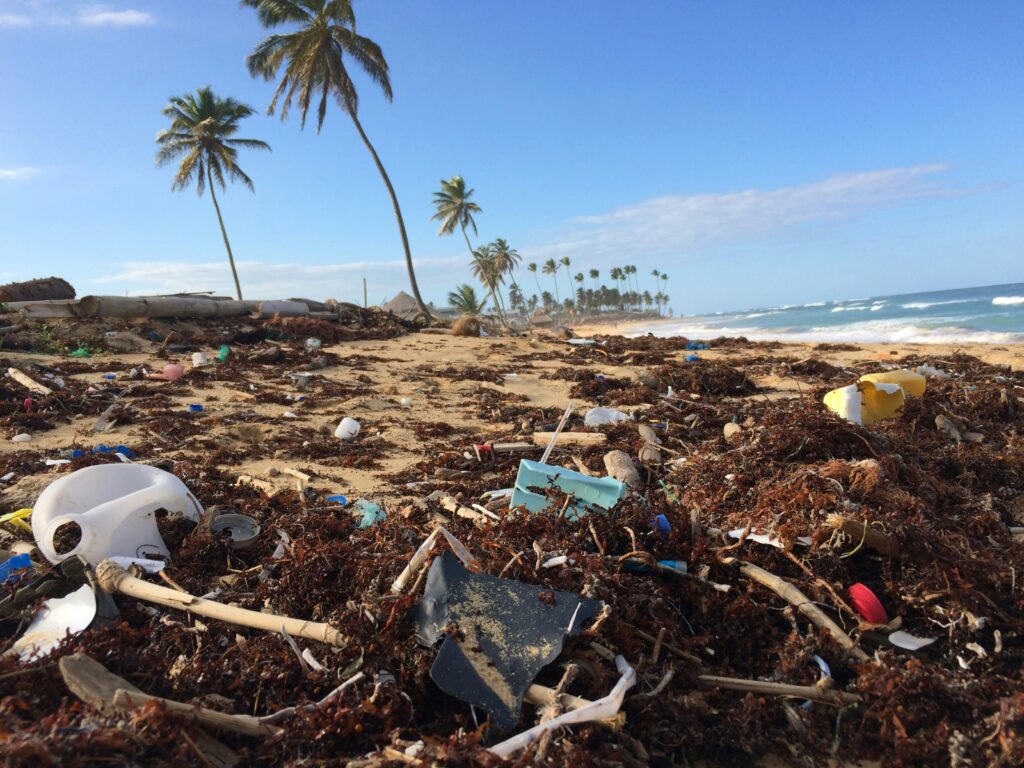
Scaling Up for the Future
Building on its success, the PLASTICS project is set to scale up circular innovations by supporting SMEs in adopting advanced technologies that minimize plastic waste and promote the use of sustainable materials. The consortium is actively working alongside the Central Bank of Sri Lanka and the EU Delegation to Sri Lanka and the Maldives to promote green finance frameworks that align with global sustainability goals. Recent strategic briefings on the delivery of green financial services have emphasized the importance of integrating environmental risk assessments into financial processes, reinforcing the consortium’s efforts in advancing circular economy solutions and influencing national financial policies.
As Sri Lanka deepens its commitment to a circular economy, policy frameworks must evolve to support long-term sustainability. The consortium will continue working closely with policymakers to advocate for stronger regulations that facilitate EPR schemes, incentivize sustainable product design, and promote responsible plastic use across industries. Community engagement and awareness campaigns will also be vital in educating consumers about the importance of reducing plastic consumption and supporting sustainable alternatives.
Shaping the Future of Plastics in Sri Lanka
The work of the PLASTICS Project Consortium stands as a testament to the power of BSL’s leadership in promoting collaborative innovation and driving corporate sustainability as well as environmental responsibility. By fostering innovation, strengthening policy frameworks, and equipping businesses with the tools to integrate circularity, the consortium—led by its esteemed partners—is setting the stage for a future where economic growth and environmental stewardship go hand in hand. This initiative not only addresses the pressing issue of plastic pollution but also creates new opportunities for sustainable development and positions the private sector as a leader in Sri Lanka’s green transformation.

Leading Wetland Restoration in Sri Lanka
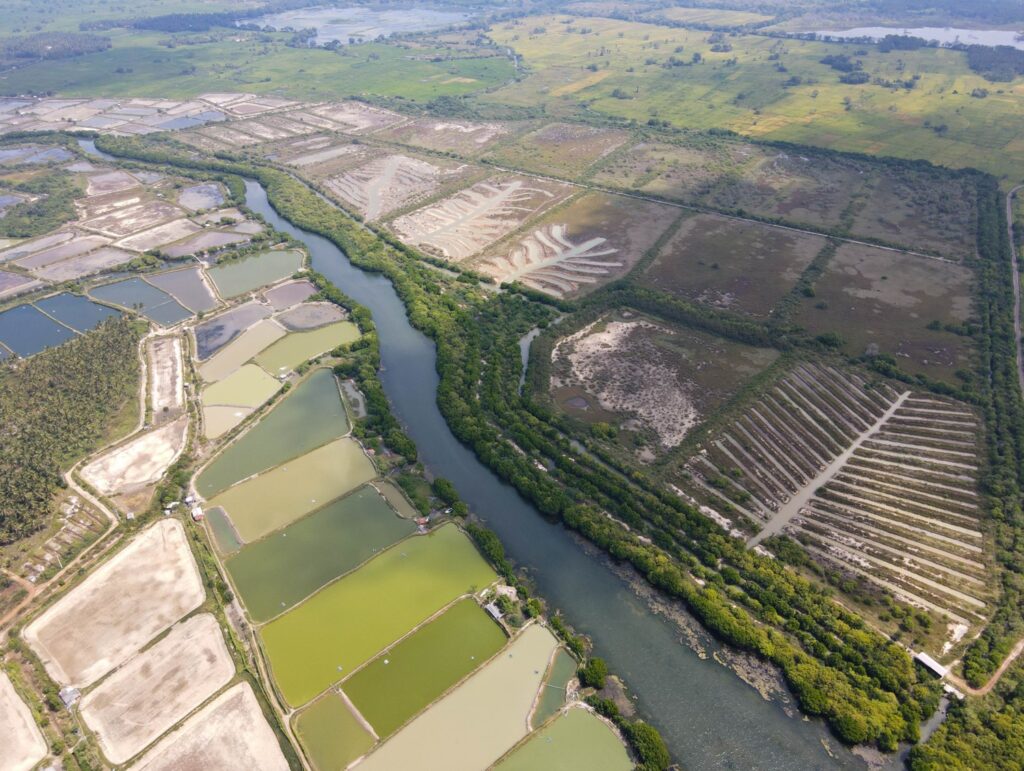
Biodiversity Sri Lanka (BSL) continues to lead the way in mangrove restoration with its Life to Our Mangroves (LOM) project, a collaborative effort aimed at revitalizing the Anavilundawa Ramsar wetland sanctuary. This vital ecosystem, located in Sri Lanka’s North Western Province, has faced significant degradation due to environmental changes, but through strategic partnerships and scientific restoration efforts, it is being restored to its natural state.
Scaling Up Restoration Efforts
With the support of 10 key partner organizations, including Dilmah, Sampath Bank, CDB, NDB, Dole, Dynawash, Easwaran Brothers, Virtusa, LOLC Finance, and Amana Bank, BSL is actively working on restoring 13.96 hectares of mangrove and associated ecosystems. Of this, 6.06 hectares are designated for true mangrove restoration, while 7.9 hectares are being developed with mangrove-associated and dry-zone vegetation to enhance habitat connectivity. Progress has been steady, with plot 7 demonstrating an 80% survival rate for 3,000 newly planted true mangroves. Approximately 3,000 Avicennia spp. seeds have been scattered to encourage natural regeneration, and 750 additional nursery plants have been introduced. Plots 20 and 21 now feature a fully operational plant house housing 1,000 dry-zone plants, with 300 already mature enough for field planting. Meanwhile, in plot 5, invasive species are being systematically removed, and canal dredging is scheduled for early 2025, ensuring optimal water flow before new plantings begin.

Integrating Carbon Finance and Climate Resilience
A major component of the LOM project is leveraging carbon offsetting as a sustainable funding mechanism. BSL has initiated a pre-feasibility carbon assessment in partnership with the Sri Lanka Climate Fund under the Ministry of Environment, which includes soil analyses and potential valuation of carbon sequestration efforts. Although government directives currently limit carbon finance crediting for extensive mangrove restoration, carbon offsetting remains a promising avenue that BSL is actively exploring.
To further ensure the long-term viability of the wetland and its surrounding communities, BSL is developing a climate adaptation plan. This initiative, carried out in collaboration with the Climate Change Secretariat, Global Green Growth Institute (GGGI), and the Centre for Poverty Analysis (CEPA), involves a socio-economic assessment to understand community interactions with the ecosystem. Additionally, BSL is working with the Green Movement (GMSL) to conduct a baseline study, providing essential data to tailor conservation efforts effectively.




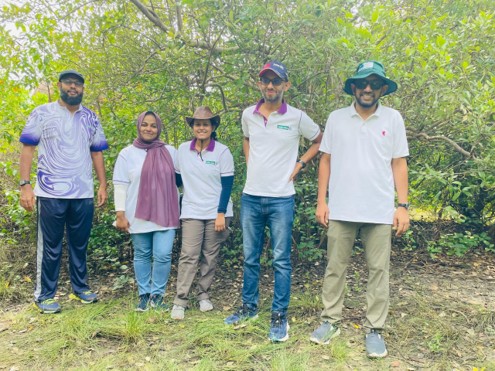

Strengthening National Conservation Strategies
BSL is playing a crucial role in aligning its restoration work with national environmental goals. One key focus is updating Sri Lanka’s mangrove mapping, which currently relies on outdated 1985 aerial imagery. This effort, supported by World Vision, will provide accurate, up-to-date data essential for future conservation planning. Additionally, BSL is actively contributing to the Anavilundawa Sanctuary Management Plan, ensuring that restoration efforts are integrated into broader conservation strategies.
Empowering Communities Through Ecotourism and Education
The Life to Our Mangroves project is not just about ecological restoration; it is also fostering sustainable livelihoods for local communities. BSL is exploring sustainable ecotourism opportunities within the restored wetland area, offering alternative income sources while raising awareness about the importance of mangrove ecosystems. Future plans include educational programs, guided tours, and community-led conservation initiatives to deepen public engagement with wetland conservation.

A Model for Private Sector-Led Conservation
The LOM project stands as a leading example of corporate-driven conservation, demonstrating how businesses and environmental organizations can work together to achieve impactful restoration. With ongoing advancements in carbon finance, climate adaptation, and ecological restoration, BSL and its partners are paving the way for a more resilient and sustainable future for Sri Lanka’s wetlands. Mangroves are a lifeline for biodiversity, coastal protection, and carbon sequestration. Through the continued dedication of its partners, BSL remains committed to ensuring that these critical ecosystems are preserved and restored for generations to come.
#LifeToOurMangroves #MangroveRestoration #BiodiversitySriLanka #SustainableSriLanka #CarbonOffsetting #ClimateResilience



